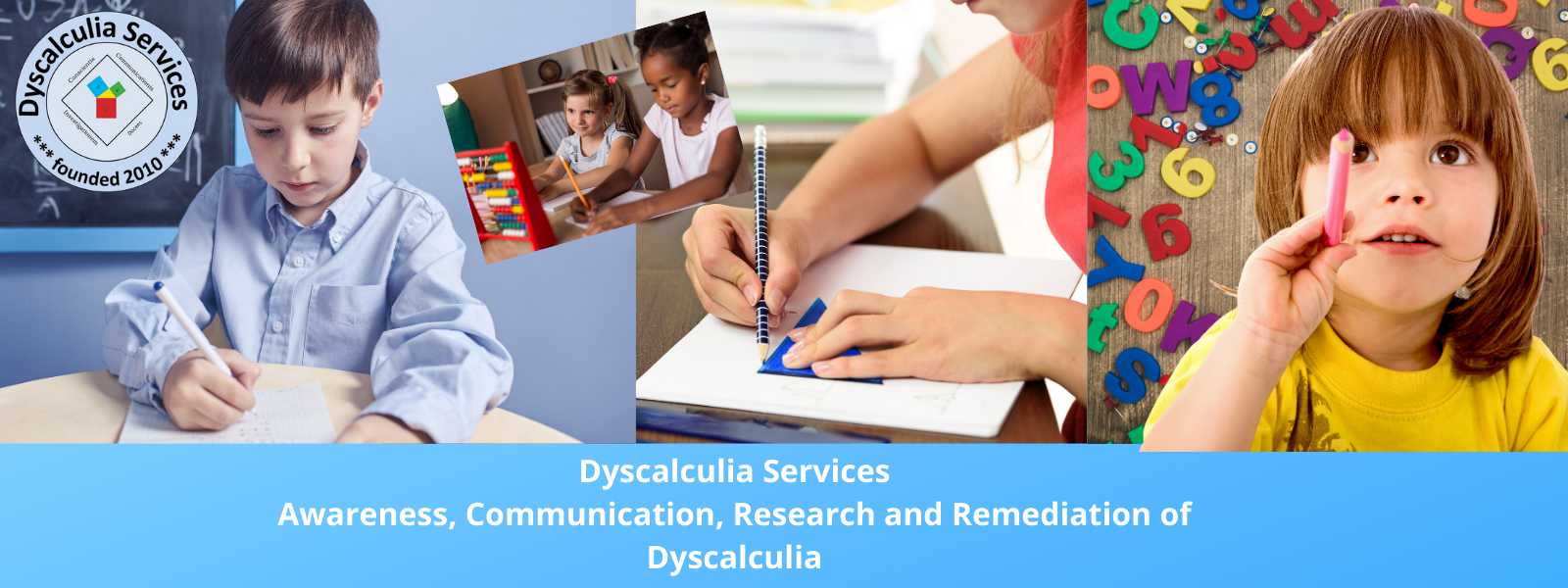1. ADHD
Many students with dyscalculia or Math LD also have ADD / ADHD.
In fact, new research mentions that inattentiveness is likely one of the underlying conditions in developing dyscalculia.
So it makes sense to implement the usual strategies that teachers know to be effective for ADD / ADHD to make sure your student(s) with math difficulties and dyscalculia can benefit the most of your lessons.
Minimizing distractions, the students’ location in the classroom, a quiet spot for individual work, a short interval between doing the math work and getting feedback, a clear method for self monitoring of being on task, a token reward system, and frequent breaks with some movement can all contribute to success.
2. Dyslexia
Students with dyslexia struggle to learn to read, their reading is slow and/or has a lot of errors and comprehension is often lacking. Most dyslexic children have a hard time with spelling. Contrary to general belief dyslexia does not start at the age of learning to read, but dyslexic children are born with a different brain structure and function. This hampers phonological awareness, the processing of single sounds that make up words. Recognizing rhyme, blending and segmenting words and syllables into single sounds is really hard for them. This ability is one of the precursors for learning to read and spell. Screening in KG and 1st grade will open the opportunity for early detection and intervention. Intensive structured phonics methods make the most effective intervention.
Dyslexia and dyscalculia are often combined (some articles mention in up to 30%). It is important to remediate the reading in order to be successful in math, in particular when doing word problems.
3. Dysgraphia
Dysgraphia is tied in with visuo-spatial abilities, one of the cornerstones in learning math. So it is to be expect that many dysgraphic students are struggling with math. It is obvious they need extra time for any written math work and for tests.
Using a tablet/laptop can be a blessing in language classes, but typing number sentences and formulas is cumbersome. Graph paper can help students with handwriting problems: each numeral and sign goes in a separate square and becomes more legible. Calculations are aligned and you can quickly spot an error and offer a targeted explanation.
Multiple Choice tests / quizzes do not ask for a written response so students can more easily show their math achievements. Please remember to provide square paper on the side to prevent the student being forced to scribble in the irregular shaped margins that are left open between the mc-questions.
